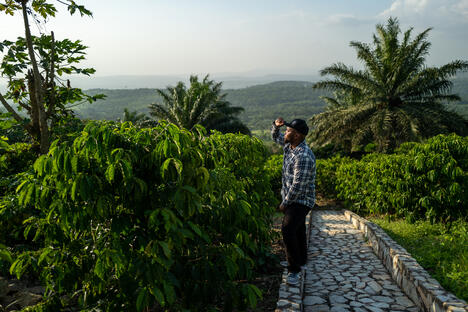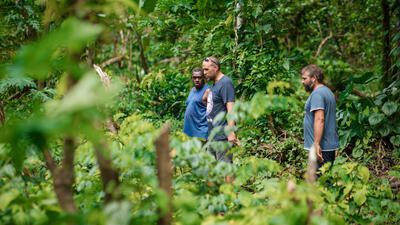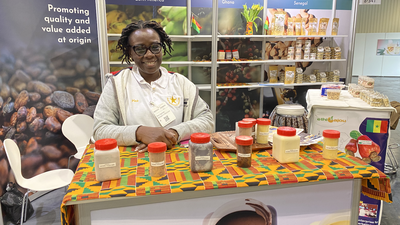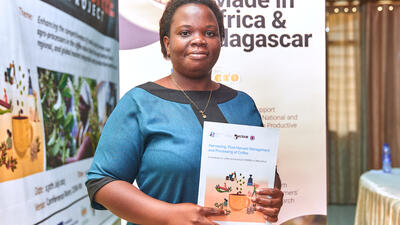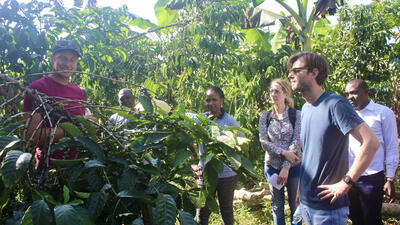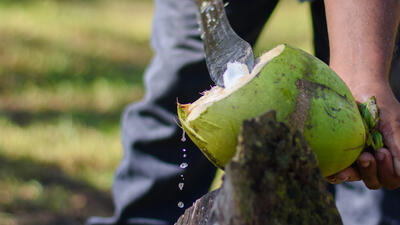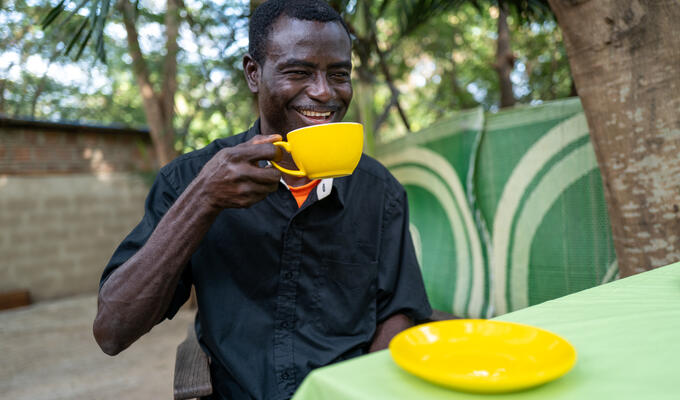
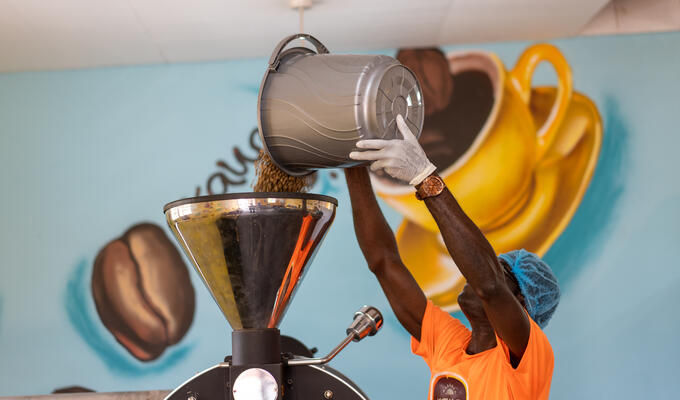
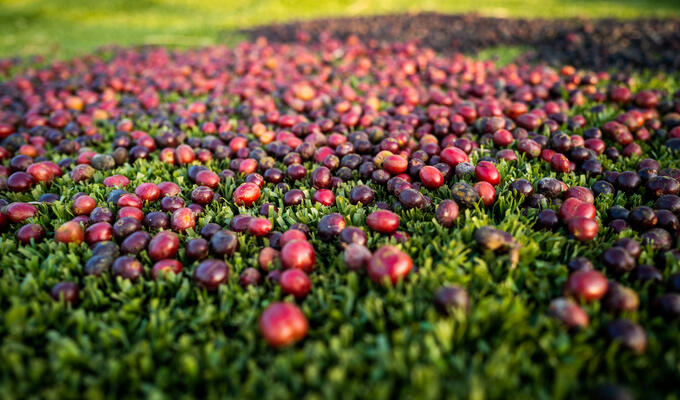
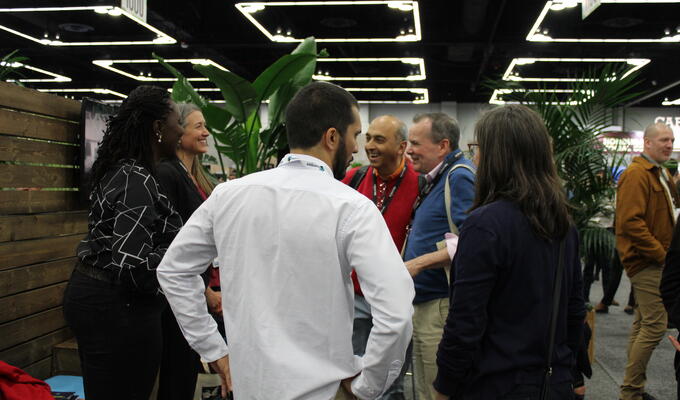
Robusta beans find their space in specialty coffees
After years of Robusta being dismissed as a cheaper option of lesser quality, the industry is finally appreciating its potential. With new techniques, it can achieve outstanding quality and sustainable production methods.
The coffee industry has been abuzz with talk of Robusta lately. For a long time, Robusta was relegated to lower grade, commercial products like cheap instant coffees. At best, it was added as a caffeine boost to espresso blends.
But 2023 marks a turning point, as the industry openly considers the endless possibilities that Robusta presents in terms of sustainable production and product differentiation. Entrepreneurs like Sahra Nguyen of Nguyen Coffee Supply and World Coffee Research’s recently released Robusta Variety Catalogue are helping change industry perceptions.
A discussion on the bean’s potential drew a standing-room crowd at this year’s Specialty Coffee Expo in the US city of Portland, Oregon.
With more than 12,000 visitors at the expo, the event offered a major platform for promoting the benefits of Robusta.
‘In the United States, we tend to be quite exclusive about Robusta – many still adhere to the “100% Arabica” rule,’ said panelist Urs Stuker, director of commodity sourcing at Keurig Trading. ‘Meanwhile, Europe has proven that we can make a good product with Robusta. People need to understand what it is and how it can be used. Education and R&D can take it far.’
The popular session was organized by the Coffee Guide Network at the International Trade Centre (ITC), in collaboration with the Latin American and Caribbean Network of Fair Trade Small Producers and Workers (CLAC) and Fairtrade Africa.
Robusta as the climate-friendly choice
The lecture on Robusta market opportunities as a response to climate change was at full capacity. At a similar panel at the same conference a few years ago, the room was almost empty. The discussion quickly moved beyond the topic of Robusta as more resilient to global warming. Panelists also discussed quality, origin and experimentation for a species that has not benefited from as much research and development as its Arabica cousin.
Advocates around the world have been promoting Robusta beans for years. The Fine Robusta Standards and Protocols developed by the Uganda Coffee Authority and the Coffee Quality Institute in 2015 are one example of that.
ITC works with the Agency for African and Malagasy Robusta Coffees (ACRAM) to promote and develop the crop across West and Central Africa.
That work falls within ACP Business-Friendly programme funded by the European Union (EU) and the Organisation of African, Caribbean and Pacific States (OACPS).
Activities include building up Robusta coffee production in countries like Ghana and Cameroon where it was historically abandoned in favour of crops like cocoa, alongside sharing sustainable growing and post-harvest processing practices.
The action also promotes local ownership of what has traditionally been an export commodity. With ACRAM, ITC is working to boost local demand.
This is accompanied by trainings on cupping, roasting, barista techniques and coffee shop management. With ITC’s Alliances for Action farm-to-shelf approach, support also goes to improving marketing and networking skills, and connecting producers to buyer networks.
Despite the gains, the market still remains tentative.
‘Roasters and consumers, experiment and have fun!’ Silvio Leite from Brazil said at the expo. ‘But don’t make major investments without testing the market first.’
About the projects
The ACP Business-Friendly programme is funded by the European Union and the Organisation of African, Caribbean and Pacific States (OACPS) and jointly implemented by ITC’s Alliances for Action, the World Bank and UNIDO. It seeks to improve the ability of agribusiness firms in ACP countries to compete, grow and prosper in domestic, regional and international markets. Through the Alliances for Action approach, it promotes inclusive and sustainable agricultural value chains that value all stakeholders from farm to shelf.




